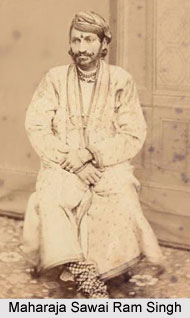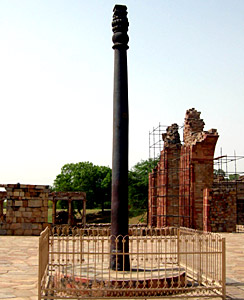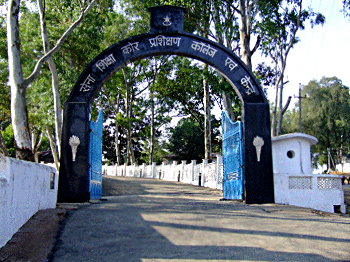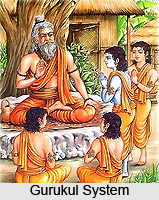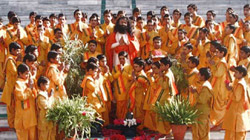Education in India especially higher education in India is indeed one amongst other elements which has captured the world`s attention. The Vedas, Puranas, Ayurveda, Yoga, Kautilya`s Arthasahtra are some of the significant traditional Indian knowledge system which even today, India can boast of. It is certainly not an overstatement to say that the history of higher education in India is long, pregnant with its copious past.
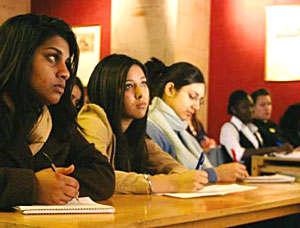 Higher education in India is defined as the education attained after the completion of 12 years of schooling. Higher education for women has gained a wider role and responsibility all over the world. Today, in the 21st century, one cannot afford to ignore the importance of higher education for women any longer. The reason for its need and urgency is that there is no biological difference in the systems of males and females. Need for higher education among women assumes all the more importance in countries like India where colonialism has remained a great force hindering education for the general masses and for the women in particular. Higher education of women in India is indeed necessary. Whether to provide society with competent men and women trained in agriculture, arts, medicine, science and technology and various other professions, or to strive to promote equality and social justice or whether to reduce social and cultural differences through diffusion of education, diffusing higher education of women in India is certainly that hidden key.
Higher education in India is defined as the education attained after the completion of 12 years of schooling. Higher education for women has gained a wider role and responsibility all over the world. Today, in the 21st century, one cannot afford to ignore the importance of higher education for women any longer. The reason for its need and urgency is that there is no biological difference in the systems of males and females. Need for higher education among women assumes all the more importance in countries like India where colonialism has remained a great force hindering education for the general masses and for the women in particular. Higher education of women in India is indeed necessary. Whether to provide society with competent men and women trained in agriculture, arts, medicine, science and technology and various other professions, or to strive to promote equality and social justice or whether to reduce social and cultural differences through diffusion of education, diffusing higher education of women in India is certainly that hidden key.
The objective of the Indian Society as has been laid down in the constitution is to achieve a democratic, socialistic and egalitarian society. In such a society women are supposed to perform their roles at par with men. Their status structurally needs to be equal with men and in the present scenario, higher education is certainly that factor which can actually support them to execute their role at par with men.
Higher Education may also be viewed in terms of the needs of its consumers. The term consumer is very wide and heterogeneous. It includes young and old of both sexes. Theoretically the need for Higher Education for both males and females is the same. But it`s sometime argued that males and females are different in their social and cultural needs.
The basic argument which is given for women Higher Education is not that Higher Education for women is different from that of men. The main thrust is that in the field of Higher Education, women should also be equal partners. The commission on the Higher Education for women, University of Madras in 1979 has rightly observed: "for Women and men college education is necessary for character formation, ability to earn, creative self expression and personal development".
MAIN FACTORS INFLUENCING WOMEN`S SUCCESS / FAILURE IN COMPLETING HIGHER EDUCATION:-
Research has unveiled the fact that there are few influencing factors which supports in the success and failure in completing higher education in women.
Success :
• Women are strongly motivated to succeed in the education stream.
• The merit basis of the education system permits females to excel.
• Prejudice against women`s education has been reduced. Higher Education has come to be considered equivalent to a bride`s "dowry".
• Women`s universities promote women`s Higher Education.
• Women`s expectations for education based employment are high.
• Some Higher Education courses provide scholarship facilities for women.
• Female students have been provided with residential facilities in some areas.
Failure :
• Female students have difficulties in access to transport facilities in general.
• Sexual harassment as well as occasional student violence hinder female students completion of higher education.
• Marriage in many cases leads to early withdraw.
• Gender stereotyping inhibits completion of studies.
• Financial constraints can cause withdrawal from the education stream.
• Part-time work to earn living interferes with studies.
Contributed by S. Bharathi (M.A., M.Ed.,M.Phil)






